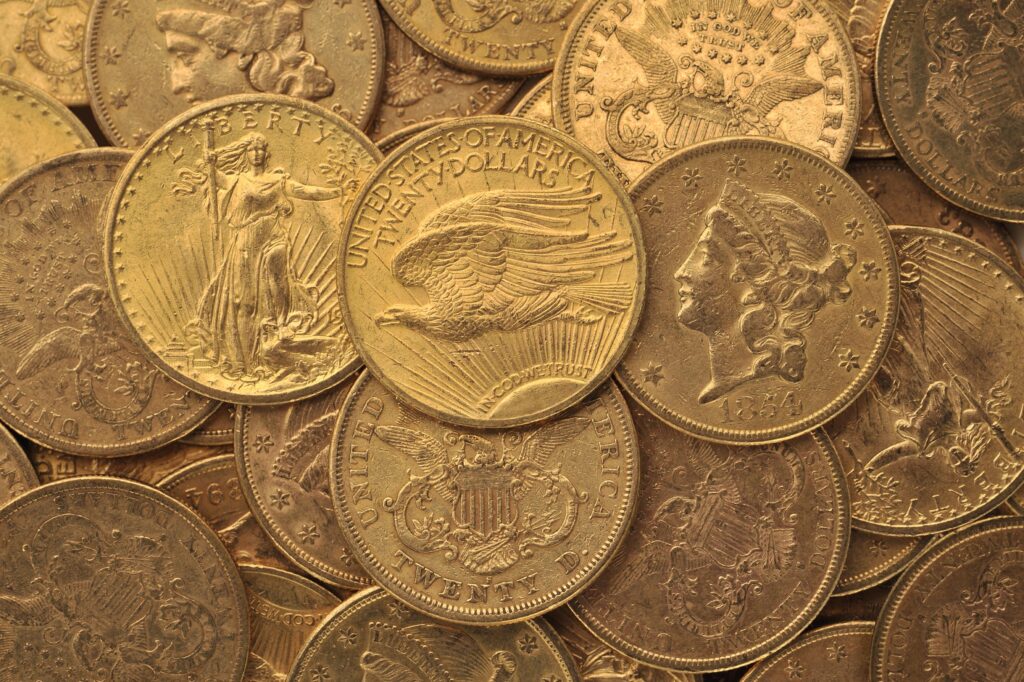If you discovered gold bars worth €700,000 buried in your garden, what would you do?
For one Frenchman, the answer seemed straightforward: report it. Be honest. Do the right thing.
But instead of a windfall, he’s likely to watch the treasure go to the children of the property’s previous owner — people he has never met, who had no idea a fortune was hidden beneath the soil.
It’s the kind of story newspapers love: moral virtue punished, serendipity reversed, the old “no good deed goes unpunished” with a glint of literal gold. But beneath the headlines lies a much larger question:
When treasure is found, who does it really belong to — the finder, the landowner, the state, or the original owner (even decades later)?
The Law Isn’t Romantic — and It’s Rarely on the Finder’s Side
In France, and in most of the Western world, treasure found on private land belongs to:
1. the original owner, or
2. their heirs,
3. finder/landowner/state if owner cannot be identified.
In other words, the law treats most long-lost hoards not as “treasure” but as mislaid property. Forgotten property is still property, even if it sits in the ground for half a century or more.
And this is why the French gardener, despite doing everything honestly and transparently, will almost certainly go home empty-handed.
The Counter-Argument: Honesty May Have Saved Him
There is, however, one not-so-small consolation:
Had he quietly kept the gold or tried to sell it, he could have faced theft-by-finding charges — a real criminal offence in France, the UK, the US, and many other jurisdictions.
So yes, honesty cost him €700,000.
But dishonesty might have cost him his freedom.
—
This Has Happened Before: The Hackney Hoard

The situation echoes the Hackney Hoard — jars of gold US dollars discovered during pond construction in London in 2007. Despite their age, the coins did not automatically belong to the finder or even the landowner. Instead, the case sparked a lengthy investigation into:
* WWII-era banking habits,
* the rights of surviving family members,
* and whether the coins could be traced to an identifiable owner.
As with the French discovery, the law placed the emphasis firmly on original ownership, not the lucky discoverer.
—
What if King John’s Lost Treasure Turned Up?
A favourite historical thought experiment:
In 1216, King John famously lost his baggage train — including gold, regalia, and royal treasure — in the marshes of The Wash. It has never been recovered.
So if someone found it today, who would it belong to?
* the finder?
* the landowner?
* the government?
* the reigning monarch?
Legally, it would fall to the Crown, meaning the state — with King Charles III as the current embodiment of that institution.
Not because Charles is King John’s familial heir (though he is), but because the Crown is a continuous legal entity. The monarch doesn’t personally inherit ancient treasure — the office does. Any regalia or valuables recovered would be state property, almost certainly destined for museum display.
In short:
It wouldn’t be Charles’s private treasure — but it would legally fall under the Crown’s ownership today. And the Treasure Act 1996, so finder and landowner should be rewarded.
—
If You’re Treasure-Hunting, Make a Deal Before You Dig
All of this leads to a very practical piece of advice:
If you are searching for something that might still have an identifiable owner, agree on a finder’s fee or share before you dig.
Archaeologists, detectorists, and even professional estate clearers do this routinely. A simple agreement can secure:
* a percentage of the value,
* a set finder’s fee,
* or reimbursement for your search effort.
Once an item is out of the ground, the law takes over — and the law is remarkably efficient at transferring treasure away from the person who actually found it.
A pre-dig agreement can’t supersede national treasure laws, but it can protect you in cases involving private ownership, forgotten inheritances, or stashes hidden in homes and gardens.
—
Do Western Legal Systems Favour Original Owners? Yes — Strongly.
Across Europe and North America, the principles are consistent:
* Mislaid property remains the owner’s property, no matter how old.
* Finders rarely gain ownership, only custodial rights.
* State treasure laws override finders, not owners, unless no heirs can be found.
* Theft-by-finding is criminally punishable in many jurisdictions.
So is it fair to say that most of the Western world honours original ownership over the rights of the finder?
Absolutely.
Finder’s rights are secondary, often symbolic, and typically rewarded only when the original owner cannot be traced or the item qualifies as state treasure.
—
The Unromantic Truth
Buried treasure captures the imagination. We want it to be a fairy tale: an everyman striking gold by chance.
But modern law is stubbornly unromantic.
It prioritises continuity, property rights, and historical ownership over serendipity.
Which brings us back to the French gardener — a man who did the honest thing and, by doing so, may have saved himself from criminal liability, even as he watched a fortune slip through his fingers.
In the end, perhaps the best rule of treasure hunting is this:
If treasure might belong to someone, talk before you dig — because once it’s found, it almost certainly won’t be yours.
Recent Comments